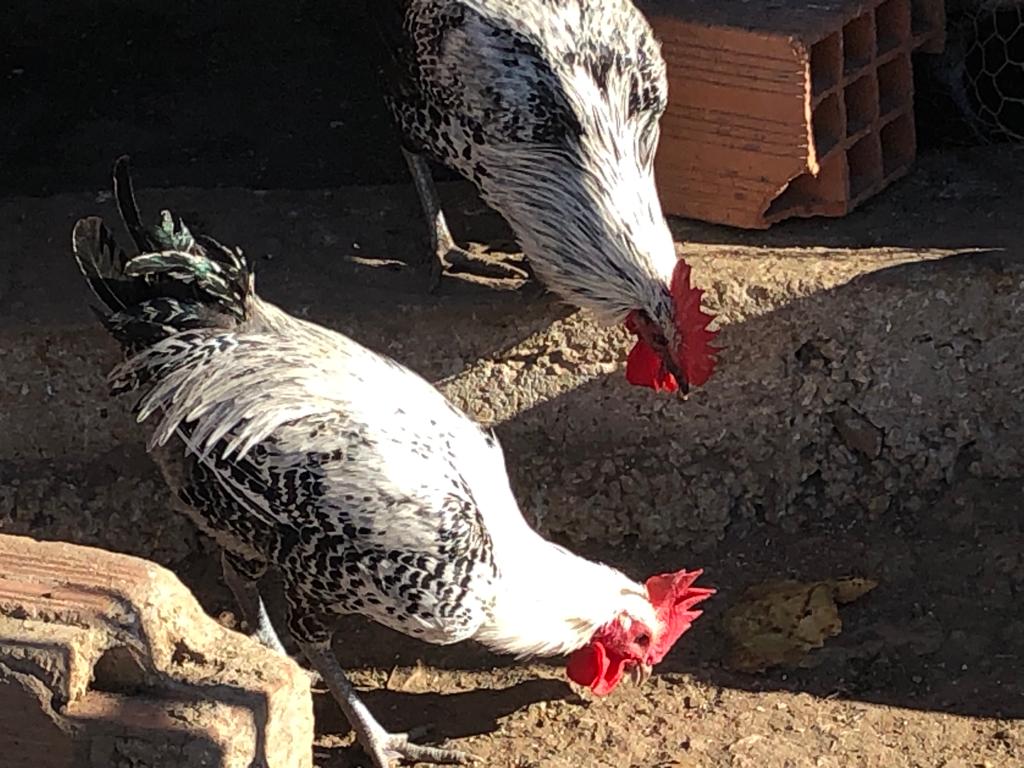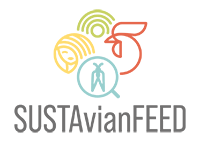In a publication from the University of Turin, a new era in poultry nutrition is looming with the incorporation of whole insect larvae into diets. Titled “Incorporating Whole Insect Larvae into Poultry Diets: State of the Art and Future Perspectives,” the study explores the transformative potential of live and dehydrated insect larvae in enhancing not only the sustainability of poultry diets but also the overall welfare of birds.

The European Union, in a pivotal move marked by Regulation (EU) 2017/893 and later extended by Regulation (EU) 2021/1372, recognized various insect species, including the black soldier fly, common housefly, yellow mealworm, and others, as viable feed options for poultry. While most studies have primarily focused on the benefits of insect meals, this publication takes a distinctive approach by shedding light on the advantages of live insect larvae in poultry feeding.
Live larvae, constituting a natural part of poultry diets, offer unaltered nutrients and stimulate innate behaviors, potentially enhancing bird welfare. Remarkably, no adverse effects have been observed with the inclusion of live larvae at levels up to 10% of daily feed intake. However, the study emphasizes the need for further research to determine optimal inclusion levels that benefit bird health, ensure economic sustainability for breeders, and minimize resource waste.
Acknowledging the challenges posed by the laborious and expensive production and distribution of live larvae, the publication explores the promising alternative of dehydrated larvae. Dehydrated larvae, apart from being easier to handle, address biosecurity concerns and offer potential advantages for large-scale production systems. Nevertheless, the study notes that further investigations are crucial, as dehydrated larvae may be less attractive to birds.
Key Highlights:
- The use of insect larvae in poultry feed emerges as a significant strategy for enhancing sustainability.
- Whole insect larvae, whether live or dehydrated, prove promising in improving poultry welfare by stimulating natural behaviors and increasing activity.
- Dehydrated larvae present practical advantages, facilitating ease of handling and addressing biosecurity considerations.
- Customized methods for distributing whole larvae to birds are essential, prompting the call for poultry equipment manufacturers to explore automated dispensers for live or dehydrated insect larvae.
In conclusion, the publication from the University of Turin not only delves into the current state of incorporating insect larvae into poultry diets but also envisions a future where innovative feeding practices contribute to both the well-being of birds and the ecological sustainability of poultry farming. This research beckons the industry to embrace a paradigm shift, paving the way for a more humane and environmentally conscious approach to poultry nutrition.




Leave a Reply
You must be logged in to post a comment.